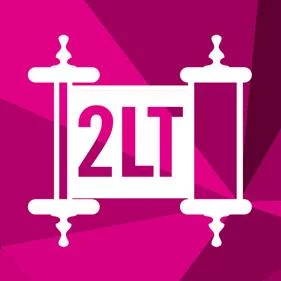Two-Line Torah: Tetzaveh 5777–The priest’s glory

Parshat Tetzaveh begins with God telling Moshe to command the children of Israel to bring pure olive oil to keep the lamps of the Mikdash (sanctuary) burning always, Ner Tamid. We then learn that Aaron and his sons will serve as Kohanim (priests), and God commands Moshe to make holy garments for the priests, garments of honor and glory. God instructs Moshe to enlist all the wise-hearted – those whom God has given talent and compassion – to make the holy garments. The text goes into a long and detailed description of the clothing and accessories, telling us exactly how they are to be made and with what specific materials, and calls upon master craftsmen to do the work. There are to be stones at each shoulder engraved with the names of six each of the tribes of Israel, and a breastplate of precious stones, one for each tribe, wrapped in pure gold and firmly secured on Aaron’s body with golden chains, on which the names of the tribes are also inscribed, and under which the ancient instruments of judgement, the Urim and Tummim are secured. The garment is to be adorned with alternating golden bells and pomegranates which will jingle and make noise as Aaron moves and enters the Holy of Holies. Upon his head is place a golden crown inscribed “Holy to God.”
At first, we might simply think that the parshah is about the priestly stature, elevating the Kohen to a position of grandeur above and beyond that of ordinary B’nai Yisrael. But upon a deeper reading, we realize that Aaron’s glory is B’nai Yisrael. The priestly raiment are an effort of labor and love – the finest that the people can offer. From the oil for the lamps to the workmanship of the amazing garments, to the very names of the tribes carried on his shoulders and set over his heart, to the statement of holiness upon his head – all of these are items spun, woven, dyed, sewn, embellished, molded and engraved by many hands working together to create something special and sacred. When the Kohen Gadol puts them on he is transformed – he becomes representative of all the children of Israel. His is the most sacred task of all – serving God in service of the people. When our leaders remember this, we are all elevated to shine in everlasting light, “Holy to God.”
Amy Posner is the executive director of Hillel at the College of Staten Island.